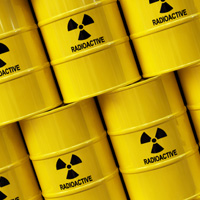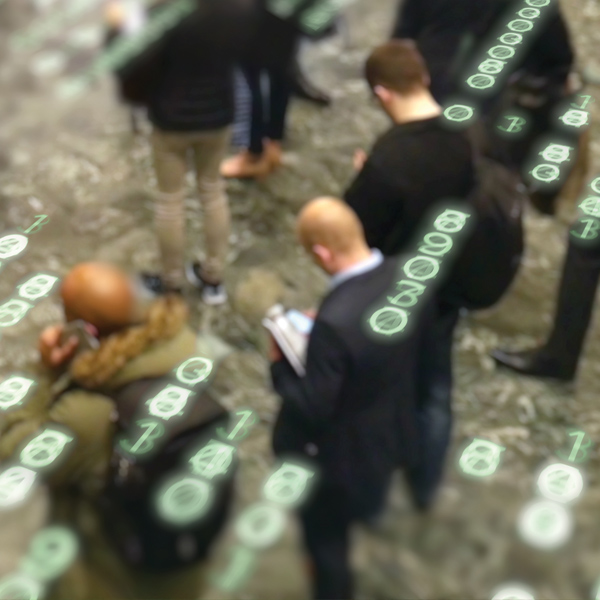I am pleased to join Secretary Rice in welcoming this year's Jefferson Science Fellows to the State Department. The Secretary's support for the Jefferson Fellows is emblematic of her leadership: a commitment to basing policy on objective evidence; an appreciation of how science and technological discoveries shape the world of the 2151 century; and a deep understanding of the value that scientific openness and exchanges have in the larger quest for freedom around the world. As Jefferson said, "[Liberty] is the great parent of science and of virtue: ... a nation will be great in both, always in proportion as it is free…
We appreciate Secretary Rice's commitment to the Jefferson Fellows Program which helps the Department, as she has said, "be at the center of scientific discourse" on issues where the sciences can help.
Few Secretaries of State since Jefferson have understood as well as she the beneficial link between knowledge and statecraft. Policy-makers require accurate information and unbiased analysis as they navigate new possibilities and pitfalls brought about by scientific advances - discoveries that sometimes come faster than our capacity to comprehend their wider implications for security as well as development.
As this program enters its second year, I would like to acknowledge George Atkinson's original inspiration. We are here today because of his creative and practical vision for deepening the relationship between scientists and diplomats.
I join with others here to offer my congratulations to an outstanding new group of Fellows: William Hammack, James Harrington, Alexander King, Michael Prather, and Edward Samulski.
The Jefferson Science Fellows Program is a key element of MacArthur's multi¬year, $50 million investment in strengthening the links between scientists and policy makers. That broader initiative supports seventeen university programs and policy institutes around the world. Here in Washington, it has also helped create a new resource for those in Congress and the Executive Branch: the Center for Science, Technology, and Security at the American Association for the Advancement of Science, headed by Norman Neureiter, George Atkinson's predecessor.
Science Fellowship Program. As we gathered in this room a year ago, I confess to some anxiety about whether our high aspirations could be realized. There were reasonable questions.
Would the distinguished scientists be able to communicate their technical knowledge to State Department officers? Would there be concrete examples of where the Fellows had been useful? And very importantly, would the word around the university community be positive enough to attract a second class of equal distinction?
I am pleased that we can answer all these questions in the affirmative.
The Program is developing a reputation for placing Fellows where they can take on some of the most serious problems faced by our country and the community of nations. I am thinking of threats from terrorism, new infectious diseases, humanitarian disasters, energy and food shortages, and the proliferation of new and more deadly weapons of mass destruction - to name but a few.
For example, Melba Crawford, a mechanical engineer, has been working with her State Department colleagues on how to use geographic information systems to estimate the size and location of populations at risk from natural disasters and conflict. Microbiologist Kalidas Shetty has been advising the Bureau of Economic and Business Affairs about the trade and production of genetically modified organisms.
Chemist Bruce Averill has been working with the Office of Regional Economic Policy and Summit Coordination to develop a strategic energy policy for the Western Hemisphere. David Eastmond is applying his expertise in risk¬management to help the Office of European Union and Regional Affairs deal with significant regulatory differences affecting the transatlantic relationship. And the Jefferson Fellows program has even become involved in work at USAID, where Julian Adams is working on advanced agricultural biotechnology in Asia.
I met with the Fellows this morning and was pleased to hear that they felt warmly welcomed by the Department, appreciated by their supervisors, and fully engaged in important issues where their expertise added value. Relationships forged this past year will pay dividends into the future, as the alumni Fellows remain available to the Department for the next five years.
So we are off to a good start- now the challenge is to move this program more firmly into the heart of the State Department, have an equally strong second year, and begin planning for the day that the Jefferson Science Fellows Program is institutionalized here. As I reflect on the achievements of last year's class and the promise of the group presented here today, the Jefferson Science Fellows shine as an example of how private philanthropy, universities, and government can make common cause in the service of our country. The MacArthur Foundation is proud to play a part.




